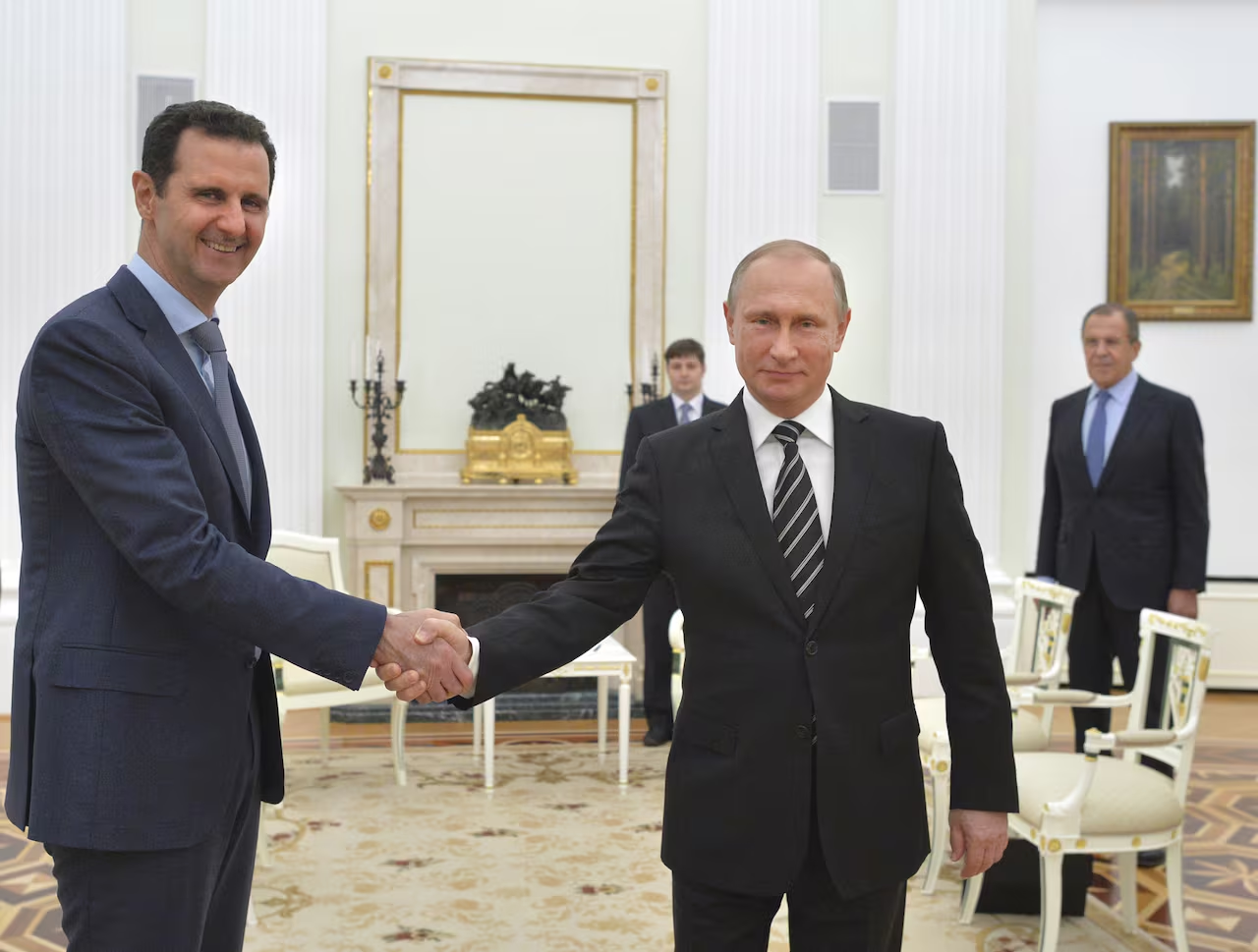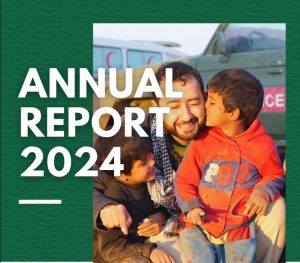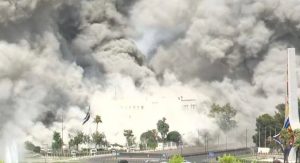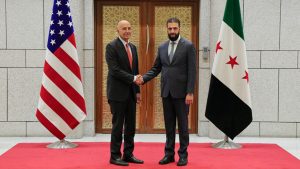Wilson Daily
Almost two and a half years after Russia’s invasion of Ukraine, political will among Western allies to ensure Ukrainian victory is waning. The initial outpouring of military aid and humanitarian support has fallen away, leaving behind political rhetoric and symbolic, but ultimately insufficient, assistance. Although different in many ways, this story is all too familiar to the millions of Syrians displaced, unlawfully detained, tortured, and killed by the Assad regime: a conflict and humanitarian crisis that grabs headlines and becomes a major policy issue only to fade from the political agenda as key decision-makers grow wary of taking substantive action.
The Obama administration had the opportunity to act decisively and with conviction in the early stages of the Syrian war after Bashar al-Assad’s forces crossed the ‘red line’ it had established. Its failure to secure support for legislation authorizing a military response to the use of chemical weapons and Assad’s unfulfilled promise to hand over all chemical weapons marked the start of a decade of ineffective action by self-proclaimed friends of the Syrian resistance. Now, many countries have abandoned efforts to overthrow the Assad regime and are seeking a path to Syrian diplomatic reintegration in the international community.
Over the past year, many of Syria’s neighbors have taken steps to normalize relations with Assad’s criminal state apparatus. After removing Syria from the organization in 2011, the Arab League voted to reinstate its membership in the summer of 2023 hoping to end Syria’s production and trafficking of Captagon, a powerful and addictive narcotic that has plagued the region. To appease nationalist, anti-immigrant sentiment in Turkey, Recep Tayyip Erdoğan’s government has also begun engaging in dialogue with the dictator. One goal of this thawing of relations is the return of Syrian refugees in Turkey to the Assad regime, a devastating prospect for those seeking asylum from state violence. Beyond the Middle East, Italy has become the first G7 country to reinstall an ambassador to Syria after cutting diplomatic relations in 2012. The arrival of Syrian refugees in Europe is a major policy issue in Italy and in the six other European Union member states that have embassies in Damascus.
Arab League member states’ normalization efforts not only tacitly legitimized Assad’s many past war crimes but have also failed to curb his regime’s ongoing criminal activity. Turkey’s efforts will also do nothing but harm to the Syrian people. The only way forward for the rules-based international order is to ramp up the pressure on the Assad regime, not normalize relations with it. Maintain and expand sanctions, provide additional military training and support to opposition forces, and provide humanitarian aid to those brutally victimized by the regime due to the world’s inaction. And lastly, end Russian and Iranian presence and influence in Syria.
Russia’s formal military involvement in Syria began in 2015 with airstrikes against rebel strongholds in western Syria. The provision of military equipment and organizational expertise to the Syrian Armed Forces exacerbated the refugee crisis and contributed to the displacement and murder of millions more Syrian civilians. On the international stage, its veto power in the United Nations Security Council and influence in regional organizations continues to block meaningful action by the broader international community.
Iran has been training, equipping, and coordinating local and foreign militias fighting alongside the Syrian army since at least 2012. Iran’s Islamic Revolutionary Guard Corps has deployed its own units in Syria at various points over the past decade, participating in both combat and support functions. Its support has been critical for the survival of the Assad regime.
“If it were not for Putin and Iran keeping the genocidal narco-trafficking animal Assad in power, Syria would be an emerging democracy today,” Mouaz Moustafa, Executive Director of the Syrian Emergency Task Force, testified to the Helsinki Commission on July 10th.
Vladimir Putin has used the suffering of Syrians as a tool to prepare for further military action in Ukraine and create political discord in Europe to clear the path for territorial conquest. Syria served as a testing ground for Russia’s new weapons systems and deployment strategies, such as the ‘double tap’ airstrike. It was the experience that Russia gained from testing “over 400 types of weapons on civilians and occupying Syria that allowed them to invade Ukraine and perfect the killing of innocent babies,” Moustafa said. “If we leave Assad in power by turning a blind eye to his atrocities and not supporting the free Syrian people, no refugees will ever voluntarily return to Syria. And that is Putin’s dream – to increase refugees in Europe, allowing the rise of extreme right-wing parties and dissolution of the European Union.
Assad’s July 24th visit to the Kremlin was his second trip to Moscow in less than a year and a half. Although the talking points weren’t published, military cooperation was undoubtedly a key area of interest, as it was in his meeting with Putin in March of 2023. There, he expressed his interest in a permanent Russian military presence in Syria, stating that “expanding the Russian presence in Syria is a good thing.”
Syria is yet another arena in which the international community failed to properly punish Russian aggression, following the seizure of Georgian territory in 2008 and the annexation of Crimea and invasion of eastern Ukraine in 2014. If an adequate deterrent had been established at any point in the preceding fourteen years, it’s possible that Russia wouldn’t have invaded Ukraine in 2022.
The crises in Syria and Ukraine are inextricably linked. A defeat for Putin in Ukraine would put significant pressure on Bashar al-Assad’s regime and make peace and justice in Syria a tangible possibility. However, the United States and its partners have failed to do enough in either conflict. Belligerent behavior without serious consequences will only lead to more lives lost, more homes destroyed, and more civilians displaced, without setting a precedent to deter future aggressors.









